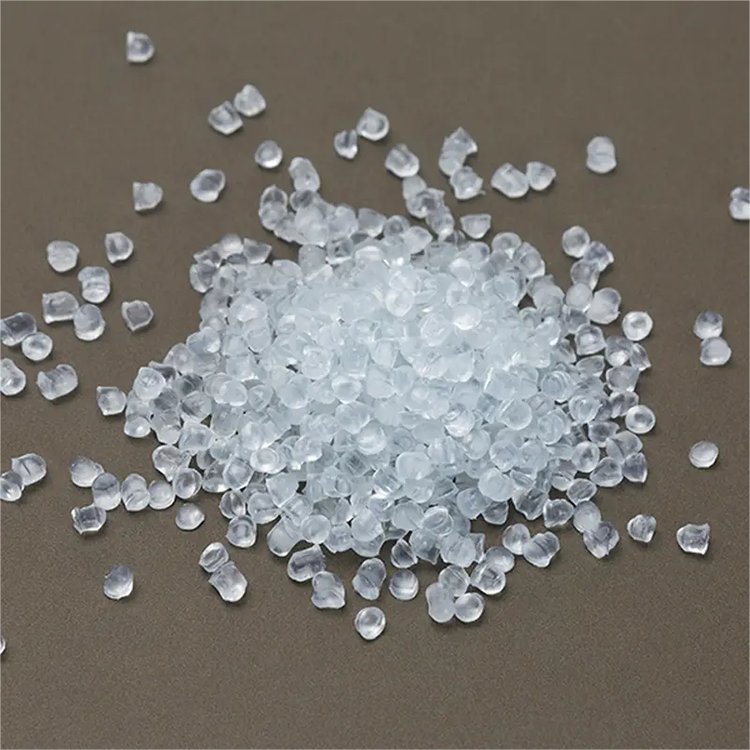
As an important component of solar cell modules, the solar photovoltaic junction box is a connector between the solar cell array composed of solar cell modules and the solar cell charging control device. Plastic is currently one of the most widely used materials for photovoltaic junction boxes, mainly including polypropylene (PP), polycarbonate (PC), nylon (PA), etc. Plastic materials have the characteristics of light weight, good electrical insulation, and easy processing. And the price is relatively low, suitable for small-scale photovoltaic power plants.
The photovoltaic junction box is applied on the back panel of the photovoltaic module solar panel. It is connected to the module busbar through internal terminals to output the electrical energy generated by the battery module to the external system. The external system then outputs the electrical energy to the user or stores it for reuse through electrical wiring, controllers, inverters, batteries and other components.
Photovoltaic junction boxes generally consist of an outer shell, internal electrical components, connectors, wires, and accessories. The shell, connector, and nut are made of PPO, PC, and PA.
PPO is commonly used as the material for the box body. It has the advantages of high rigidity, high heat resistance, flame retardancy, high strength, and excellent electrical performance. In addition, polyphenylene ether also has advantages such as wear resistance, non toxicity, pollution resistance, and good weather resistance. The dielectric constant and dielectric loss are one of the small varieties in engineering plastics, almost unaffected by temperature and humidity, and can be used in low, medium, and high-frequency electric field fields. Of course, it is required not to mix recycled materials during use, otherwise its performance will still be compromised.
High temperature stability: PPO has a high glass transition temperature (about 220 ° C) and can maintain stable physical and mechanical properties in high temperature environments. Compared to some common plastics such as polypropylene (PP) or polyethylene (PE), its high temperature resistance is more outstanding.
Chemical corrosion resistance: PPO has good chemical corrosion resistance and can resist corrosion from acidic and alkaline solutions, oils, and some chemical substances. PPO material has better corrosion resistance in this regard.
Insulation performance: PPO has the best electrical characteristics among general engineering plastics, and temperature, humidity, and frequency have little effect on its electrical performance.
Weather resistance: PPO has good weather resistance and can resist the influence of external environmental factors such as ultraviolet radiation, humidity, and temperature changes.
Flame retardant performance: PPO has the best electrical characteristics among general engineering plastics, and temperature, humidity, and frequency have little effect on its electrical performance.
Structural stability performance: PPO and PPO/PS series alloys have the best heat and water resistance among general engineering plastics, the lowest water absorption rate, and minimal dimensional changes when used in water.
We have developed a photovoltaic junction box shell made of PPO PS plastic material for a customer, which can replace the basic PPO PX9406 from SABIC. It is used in the fields of photovoltaics, charging stations, and electrical engineering. It is a high-grade thin-walled halogen-free flame retardant modified MPPO with strong electrical performance, high heat resistance, low warpage, low moisture absorption, and dimensional stability under thin-walled conditions. Very suitable for unmanned electrical applications, such as printed circuit board (PCB) brackets, terminal blocks+connectors, circuit protection/relays/switches, motor end caps, control boxes/panels, battery charger/fuse brackets, solar inverter enclosures, photovoltaic junction box enclosures. Widely used in photovoltaic, transportation, electrical, and medical fields.
Xinsu Yuan Model PPO Series PPO/PS 9406
SABIC model PPO PX9406
Materials application fields include photovoltaics, charging stations, and electrical fields
Gap impact 13
Bending strength 112
Bending modulus 2840
Tensile strength 56
Elongation rate 9
Melting point 10/280 ℃/5kg
Specific gravity 1.11
Flame retardant V0/0.8mm
Hot deformation 118
Shrinkage rate 0.5-0.7


Mobile Station